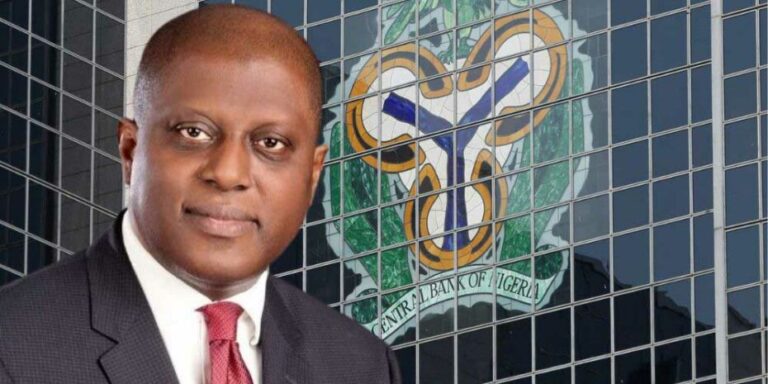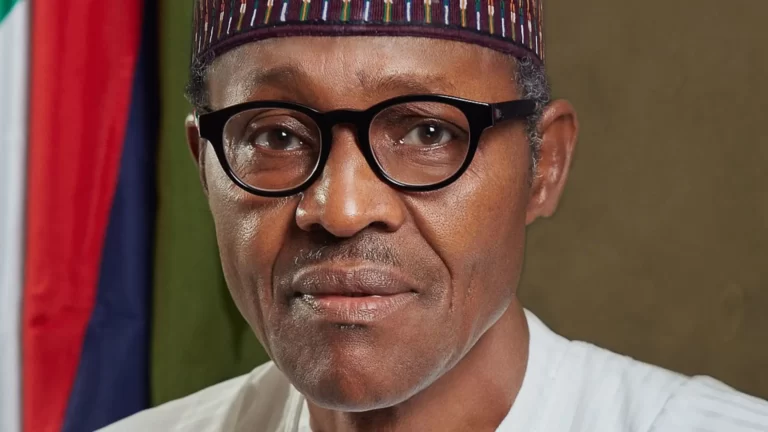As I start to write this, I came across a video of the Economic and Financial Crimes Commission (EFCC) visit to Area 4 in Abuja. The EFCC, by my assumption, has gone there as part of the fight against the “manipulation” of the value of the Naira. There were clips of raids in major other cities in the country.
I understand the government’s frustration, but this will not work.
Last week, there were wild reports that a US dollar now exchanges for N1,900. That is not only ridiculous, but also not a reflection of a legitimate demand and supply dynamics of the US dollar. According to most analysts, the reason we are here is that the government liberalised the foreign exchange system. The second reason is that the government eradicated fuel subsidy. The sequencing of both reforms is wrong, but they are not the reasons we are in this mess.
There is no data to back up these notions. Fuel subsidy has returned and coincided with the most rapid depreciation of the Naira in the last few months. According to some estimates, it could be as much as N400 per litre. Indeed, it is the rapid depreciation of the Naira that has caused the subsidy element to return. Naira prices of fuel at the pump is supposed to track changes in the exchange rate, but the government has capped it at under N650 per liter.
There is also no evidence that it is the “willing seller, willing buyer” element of the exchange rate reform that has caused the rapid depreciation of the Naira. At least, not by itself. There is no greater level of demand for US dollars for the purpose of exchange compared to eight months ago. In essence, there is a reason why the “market” has responded the way it has in the last few months. To fully understand what has happened in the last eight months, we need to understand how markets work. Markets work on information. There are therefore, four different pieces of information that have coalesced towards shaping the current dynamics that we see.
First, the Central Bank released a statement that it had lent N22 trillion to the government. That is N22 trillion that was not approved by the National Assembly, nor backed up by any form of production. This largely went into buying US dollars and worsening the exchange rate in the process. To compound that, the Central Bank of Nigeria also released about N10 trillion under different credit subsidies in the last 10 years, both under President Muhammadu Buhari.

Second, the Central Bank of Nigeria released its seven-year audited report. JP Morgan, the American investment banking giant decided to chew over the report and reported that the usable foreign exchange reserves of the Central Bank of Nigeria was grossly less than the US $33 billion publicly projected and closer to a US $5 billion mark instead. It means that the CBN does not have the foreign reserves the market thought it had.

Third, the government then released the budget for 2024. In the budget, the government said it will borrow just under N10 trillion in the year. It said this is about 3.5% of GDP, slightly above the 3% recommended in the fiscal policy framework. The 3.5% is okay if the debt trajectory had been less than 3% of GDP or if the government had explicitly stated the assets and concession arrangements that will deliver those fiscal resources. However, the subsidies would largely be financed through external and domestic borrowing. Fourth, there is no evidence that the original savings made from the removal of fuel subsidy from June to December 2023 was saved. It means that that liquidity also chased the available US dollar in the economy.
Underlying all these is Nigeria’s past and present fiscal behaviour. It is surprising therefore that the focus is on the Central Bank of Nigerian and monetary policies. We arrived at this point via undisciplined fiscal measures, progreammes, initiatives, and leakages. It will appear inconsistent if we focus on the monetary policy outcomes and neglect the fiscal processes that got us here. Only a disciplined fiscal process can generate the confidence required for the public to start holding the Naira again as a store of value. It is especially disingenuous when significant fiscal resources have found their destination in US dollars.
Besides the absence of sufficient fiscal measures, the only mistake that has been made by the government is the policy arrogance that all that was required to attract foreign investment was the liberalisation of the market. This notion suffers from three gaps in relation to data and experience. First, managed, or convertible currencies rely heavily on adequate foreign reserves as insurance for the investment supply. That is, their savings serves as insurance for attracting investments. Second, Nigeria has not provided tangible and concrete investment portfolios for foreign companies to invest in. Thirst, there will no investment attraction without some sort of stability.
In conclusion, the full-blown macroeconomic instability crisis that we see has led to total collapse in investment and business plans. There is now a 100% preference for holding the US dollars than any form of investment and business in Nigeria. This is a dangerous recipe for the collapse of social cohesion.

At this junction, the government can either force international investments by selling equity in government assets or start savings to build up reserves. As it is, the market knows that Nigeria’s usable reserves are incredibly low, future oil revenues are encumbered, and we still import refined petroleum products with subsidy elements. Relying on monetary measures to bring stability is a piping dream, the earlier will start disciplined fiscal policy measures, the better for us all, so we do not wake up one to a totally collapsed social cohesion in the country.
I thank you.












